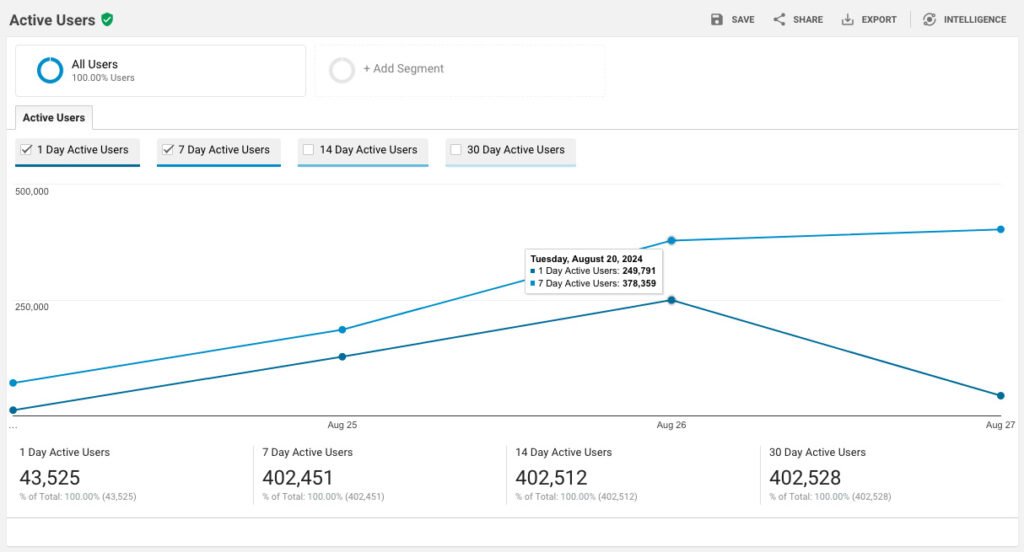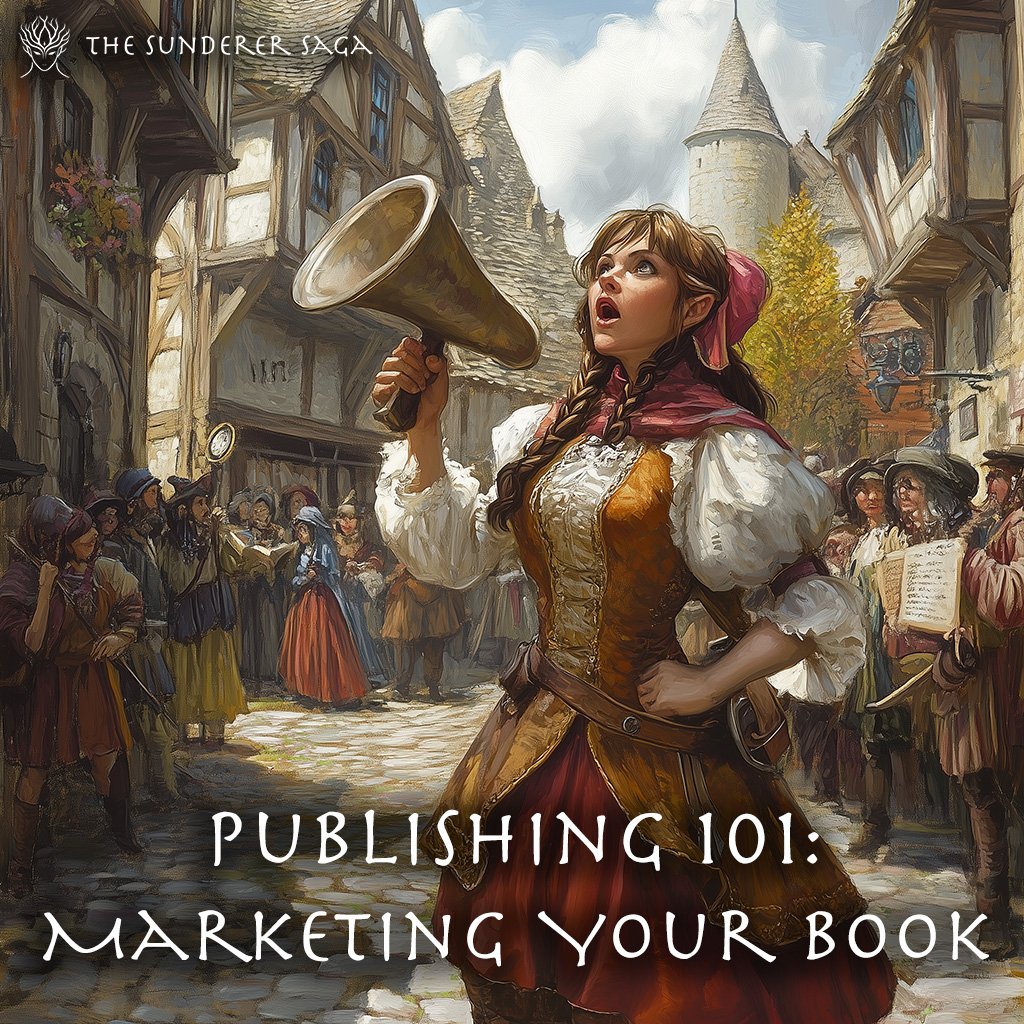In today’s competitive publishing landscape, marketing your book effectively is just as crucial as writing it. The most successful authors often begin their marketing efforts long before their book hits the shelves. This proactive approach, known as pre-release marketing, can help build anticipation, create a loyal fan base, and set the stage for strong initial sales.
Why Pre-Release Marketing Matters
Now, we all know that as authors, for most of us, promotion is not at all where our passion lies. We really just want to write, not market our writing. So before diving into specific strategies, let’s understand why pre-release marketing is so important:
- Creates Anticipation: Early marketing builds excitement and anticipation for your book.
- Establishes Author Platform: It helps you develop your author brand and connect with potential readers.
- Generates Early Reviews: You can secure early reviews and testimonials to use in your marketing.
- Informs Your Marketing Strategy: Pre-release engagement can provide valuable insights into your audience’s preferences.
- Boosts Initial Sales: A strong pre-release campaign can lead to higher sales numbers upon launch.
Now, let’s explore the key strategies for effective pre-release book marketing.
Building Your Author Platform
Your author platform is the foundation of your marketing efforts. It’s the sum of your visibility, influence, and network as an author.
1. Create an Author Website
Your website is your online home base. It should include:
- Information about you and your upcoming book
- A blog where you share relevant content
- An email sign-up form for your newsletter
- Links to your social media profiles
- Resources:
- WordPress – WordPress is a free, open-source content management system that allows users to build websites and blogs. It’s a popular choice for people who want to create a website without coding experience.
- Wix – Wix is a cloud-based website builder that offers web hosting and design services. It’s used by people of all skill levels, from beginners to professionals, to create websites that look great on any device.
- Squarespace – Squarespace is a website builder and content management system that allows users to create websites without needing to code. It offers a range of tools and features.
2. Establish a Strong Social Media Presence
Choose platforms that align with your target audience – find where your intended audience consumes content and market there.
- Facebook: Great for building a community and sharing updates
- X (The Social Network Formerly Known as Twitter): Ideal for networking with other authors and industry professionals
- Instagram: Perfect for visual storytelling and behind-the-scenes content
- LinkedIn: Useful for non-fiction authors and professional networking
- TikTok: Increasingly popular for reaching younger readers
Your best bet is to choose one or two platforms that you like working with (or spending time on) and invest your marketing efforts there. When I say “marketing efforts” I don’t mean spending money on ads, instead join groups that relate to your novel or audience and interact with other group members. Share your own content and comment on other people’s posts but make sure you are keeping it authentic. Do not simply spam the group with promotions to buy your book. Write book reviews, and share insights about your writing process or details about your upcoming book.
Tip: Follow successful authors in your genre on the social media platforms you’re already on. See what they are posting and identify why you find those posts engaging and then do the same for your book.
3. Start an Author Newsletter
Email marketing remains one of the most effective ways to reach your audience directly:
- Offer exclusive content to encourage sign-ups
- Share updates about your writing process and upcoming book. You can share things like cover reveals, book launch party events, and book signing events, making people eager to know more about you and what you write.
- Provide value through writing tips, book recommendations, or industry insights
- Resources:
- Substack – Substack is an online platform that allows writers and other content creators to publish newsletters, podcasts, and other content on a subscription basis. It offers a variety of tools to help creators.
- Beehiiv – The beehiiv Ad Network is built to routinely bring you relevant ad opportunities from premium brands and sponsors, so you can seamlessly monetize your newsletter.
- Website builders – most website creation platform also provide a way to manage a mailing list and create newsletters.
Leveraging Content Marketing
Content marketing involves creating and sharing valuable content to attract and engage a target audience.
1. Start a Blog
Regular blogging can help establish your expertise and draw readers to your website:
- Write about topics related to your book’s theme or genre
- Share excerpts or deleted scenes from your upcoming book
- Offer writing advice or insights into your creative process
2. Guest Posting
Writing for other blogs or websites can help you reach new audiences:
- Identify blogs or websites that your target readers frequent
- Pitch relevant, valuable content ideas
- Include a brief author bio with a link to your website or book’s landing page
3. Create a Podcast or YouTube Channel
If writing isn’t your only strength, consider branching out into audio or video content:
- Discuss topics related to your book or writing in general
- Interview other authors or experts in your field
- Share book recommendations or writing tips
Engaging with Your Target Audience
Building relationships with potential readers is crucial for creating a loyal fan base.
1. Participate in Online Communities
Engage in discussions on platforms where your target readers gather:
- Join relevant Facebook groups or subreddits
- Participate in Twitter chats related to your genre or topic
- Engage with book-related communities on platforms like Goodreads
2. Host Virtual Events
Online events can help you connect with readers directly:
- Organize Q&A sessions or AMAs (Ask Me Anything)
- Host virtual writing workshops or webinars
- Conduct live readings of excerpts from your upcoming book
3. Collaborate with Other Authors
Partnering with other authors, especially those in your genre, can help you reach new audiences:
- Cross-promote each other’s work on social media
- Co-host virtual events or workshops
- Contribute to anthologies or collaborative projects
Utilizing Advanced Marketing Techniques
As your release date approaches, consider employing more targeted marketing strategies.
1. Create a Street Team
A street team is a group of dedicated fans who help promote your book:
- Offer exclusive perks or early access to content
- Provide them with shareable graphics or pre-written social media posts
- Encourage them to leave honest reviews on launch day
2. Run Contests and Giveaways
Contests can generate buzz and increase engagement:
- Offer signed copies of your book or exclusive merchandise as prizes
- Use platforms like Rafflecopter to manage entries
- Encourage social sharing to expand your reach
3. Secure Pre-Orders
Pre-orders can boost your book’s visibility and sales rankings:
- Offer incentives for pre-ordering, such as exclusive bonus content
- Create a dedicated landing page for pre-orders
- Remind your audience about pre-orders regularly as the release date approaches
4. Reach Out to Influencers and Book Bloggers
Getting your book in the hands of influential readers can significantly boost your visibility:
- Research and create a list of relevant influencers and book bloggers
- Prepare a professional press kit with information about your book
- Offer advance reader copies (ARCs) in exchange for honest reviews
Leveraging Traditional Media
While digital marketing is crucial, don’t overlook traditional media opportunities.
1. Press Releases
A well-crafted press release can attract media attention:
- Focus on what makes your book newsworthy or unique
- Distribute your press release through services like PRWeb or send directly to relevant media outlets
2. Local Media
Local news outlets are often more accessible and interested in local authors:
- Reach out to local newspapers, radio stations, and TV channels
- Offer to write opinion pieces or provide expert commentary related to your book’s topic
3. Literary Magazines and Genre-Specific Publications
Getting featured in publications that cater to your genre can help you reach your target audience:
- Submit articles, short stories, or excerpts to relevant magazines
- Offer to do interviews about your upcoming book and writing process
Tracking and Adjusting Your Strategy
As you implement these strategies, it’s crucial to monitor their effectiveness and adjust accordingly.
1. Use Analytics Tools
Leverage tools like Google Analytics for your website and social media insights to understand what’s resonating with your audience.

2. Survey Your Audience
Don’t be afraid to ask your followers directly about what content they enjoy and what they’d like to see more of.
3. Stay Flexible
Be prepared to pivot your strategy based on what’s working best. Marketing is often about experimentation and refinement.
Conclusion
Marketing your book and building an audience before its release is a multifaceted process that requires time, effort, and creativity. By starting early and employing a diverse range of strategies, you can create a strong foundation for your book’s success. Remember, the key is to provide value to your potential readers and build genuine connections with your audience.
While these strategies can significantly boost your book’s visibility and potential for success, it’s important to find a balance that works for you. Not every author will use all of these methods, and that’s okay. Choose the strategies that align with your strengths, available time, and target audience.
In our next blog post, we’ll explore the intricacies of launching your book and maintaining momentum post-release. Stay tuned for more insights into the world of book publishing and marketing!

